Understanding a Typical North Carolina Licensing Board Investigation Process
If you’re a licensed professional in North Carolina, facing a complaint from your licensing board can feel overwhelming. One of the most common questions I hear is: “How long will the Board’s investigation take?” The truth is that the timeline varies, but knowing the steps involved can help you set realistic expectations and protect your license.
How a Board Investigation Begins
Under North Carolina law, licensing boards for different professions follow very similar disciplinary procedures. Most investigations start when a third-party complaint is filed with the board. However, disciplinary issues can also arise from a self-report by the professional.
Once a complaint is received, the board will decide whether to formally investigate. In some cases, a board may accept the complaint only “as information” if it appears to lack merit. In practice, though, nearly every complaint gets reviewed and investigated to some degree, regardless of how strong or weak it seems at first glance.
What Happens During an Investigation
The course of an investigation often depends on the investigator assigned to your case. Common steps include:
Requesting a written statement from the professional to explain their side of the story.
Requesting records from your employer or facility, which can take additional time—especially if the facility has its own legal counsel.
Conducting an interview with the professional or other witnesses.
Investigations can be unpredictable, so it’s important for professionals to stay prompt, responsive, and adaptable even when the process feels frustrating or unnecessary. Prompt cooperation and legal guidance can help keep the case moving.
Informal Resolution Through a Consent Order
After the investigation is complete, North Carolina statutes encourage boards to resolve matters informally whenever possible—before scheduling a hearing. This often takes the form of a Consent Order offered by the board.
Consent Orders are sometimes negotiable, and having an attorney at this stage is crucial. An experienced lawyer can help you understand the terms, negotiate for a fairer outcome, and protect your professional license.
Formal Hearings Before the Board
If negotiations fail, the licensee has the right to a formal hearing before the board’s elected or appointed members. At the hearing, both sides may:
Present evidence
Call witnesses
Give opening and closing statements
The board will then decide the outcome and any discipline imposed.
Appeals to North Carolina Superior Court
If a licensee disagrees with the board’s decision, they may have the right to appeal to the North Carolina Superior Court. Because appeals have strict deadlines and procedural rules, it’s essential to consult an attorney quickly if you believe your case is appealable.
Why Legal Representation Matters
Board investigations and disciplinary actions can take months or even years. Hiring an attorney early can help you:
Respond promptly to board requests
Protect your rights during the investigation
Negotiate a favorable Consent Order
Prepare for a hearing or appeal if necessary
An experienced lawyer can guide you through each step and help you avoid costly mistakes.
This is not legal advice. If you do need legal representation call the office at: 919-616-3317

